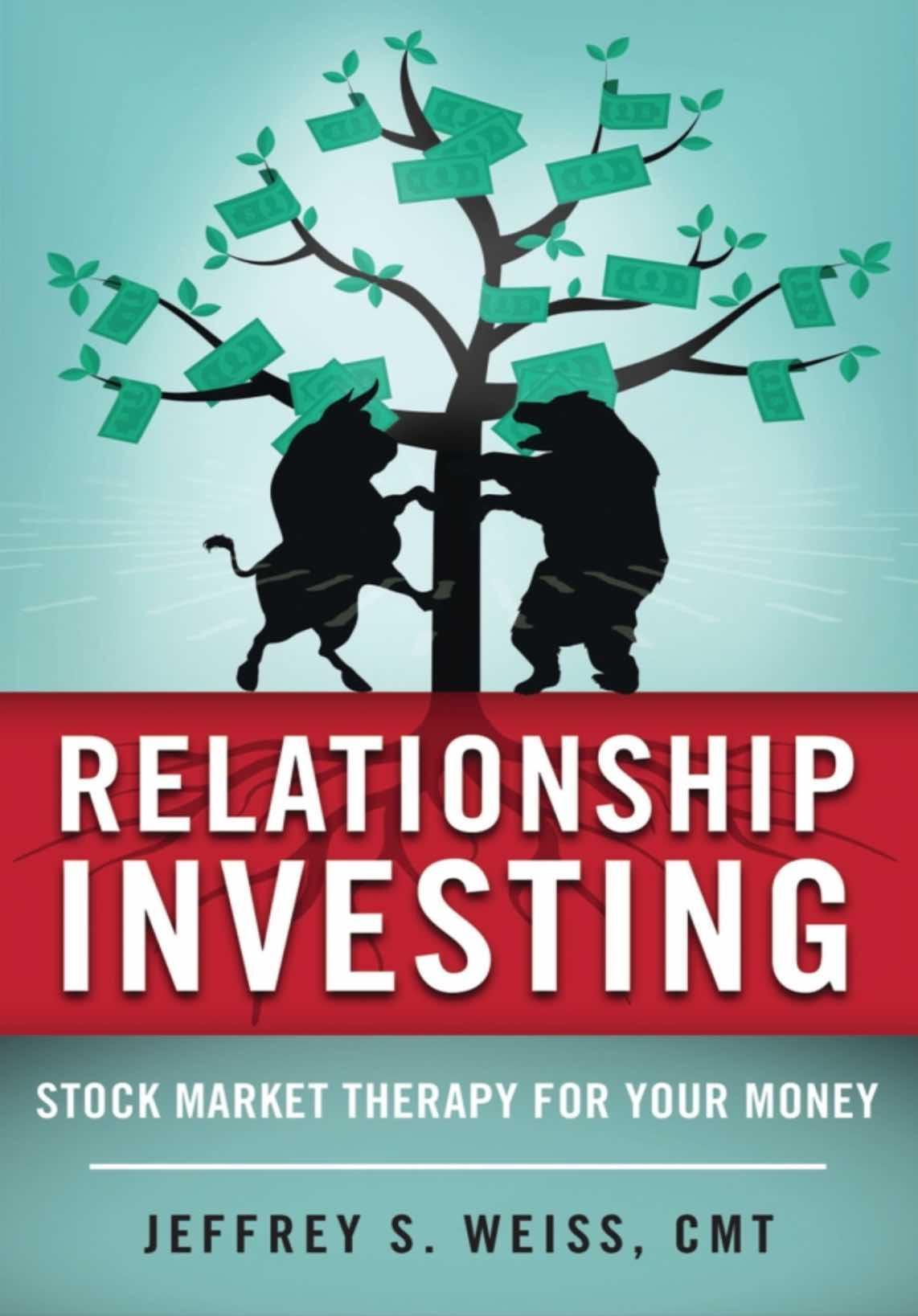However, investing in the stock market demands that you have an exit plan in case things don’t work out properly—no matter how rare a market event may be. It’s like having a life raft on a boat or safety gear in a car. I didn’t. The market didn’t care that I was all of 18 years old and hadn’t ever experienced a period like 1973–1974, or that most of my money was “on the line,” or any other reasons (read “excuses”) that I made for not having sold my positions earlier. It’s not concerned about your advanced science or mathematics degree, where you attended school, what your grade point average was, or anything else about your academic achievements. Your class rank? Forget it. Debating team and class valedictorian? Nice try. Super high IQ? Nope. It’s simply not an educational arena because the costs of learning the business of investing are way too steep. You certainly can’t learn it by trial and error because by the time you become smart, you can also be broke. How smart you are market-wise depends on one thing and one thing only—your track record, a large part of which will be determined by how well you control losses. Flexibility, humility, and respect for the market’s primary trend should come in handy in that regard. In a relationship, sometimes a couple needs to go back to the drawing board and begin again in order to relearn something in a more effective way—one that enhances their appreciation for one another. Whether that bond lasts will depend, at least in part, on how effectively they do so.
I realize the psychological difficulty of basically discarding a fine education and its many benefits in order to better comprehend the market’s mannerisms. Many would reason, and it seems perfectly sensible on the surface, that the two would be complementary—the accumulated knowledge gleaned over years from a first-rate education at a fine institution would be a great entrée into the stock market world. In that respect, it could earn one a fine job at a respected firm with an attractive salary and opportunity for advancement. That’s certainly something to be proud of. But in terms of investing in the stock market, I beg to differ.

Remember that book smarts and market smarts are two different categories. Don’t confuse them. Of course, it’s entirely possible that you possess both of these qualities, that some of your academic credentials may, indeed, be helpful in the market arena. All I’m saying is don’t assume that academic excellence automatically translates into stock market success or somehow gives you an investment edge. It doesn’t. In fact, it could even be a detriment if you’ve already shaped views that are counterproductive to that end. I’ve always believed that it’s easiest to teach my trade to someone with no prior experience, who has an open mind with no pre-conceived set-in-stone investment beliefs.
Reminiscences of a Stock Operator, published in 1923, is my personal favorite market read. I have lots of company in that view. Technical analysis commentary and books by folks like Michael Kahn and John Murphy are just some of the many available resources that could also be helpful. For those interested in “Candlestick” charting, Steve Nison’s work is also a potential avenue.
While not a beginner’s book, the classic Edward’s and Magee’s Technical Analysis of Stock Trends can also come in handy. The Market Technician’s Association also offers options for those wishing to delve into the technical analysis discipline to varying degrees. For a complete menu of its offerings visit their website at www.mta.org. You can also view the reading materials in the study curriculum for their Chartered Market Technician (CMT) program. Level one is an introduction. Taking a well-respected technical analysis basics course or two should serve as a good starting point as well. As always, the choice is yours.
(To be continued...)

This excerpt is taken from “Relationship Investing: Stock Market Therapy for Your Money” by Jeffrey S. Weiss. To read other articles of this book, click here. To buy this book, click here.
The Epoch Times copyright © 2023. The views and opinions expressed are those of the authors. They are meant for general informational purposes only and should not be construed or interpreted as a recommendation or solicitation. The Epoch Times does not provide investment, tax, legal, financial planning, estate planning, or any other personal finance advice. The Epoch Times holds no liability for the accuracy or timeliness of the information provided.








